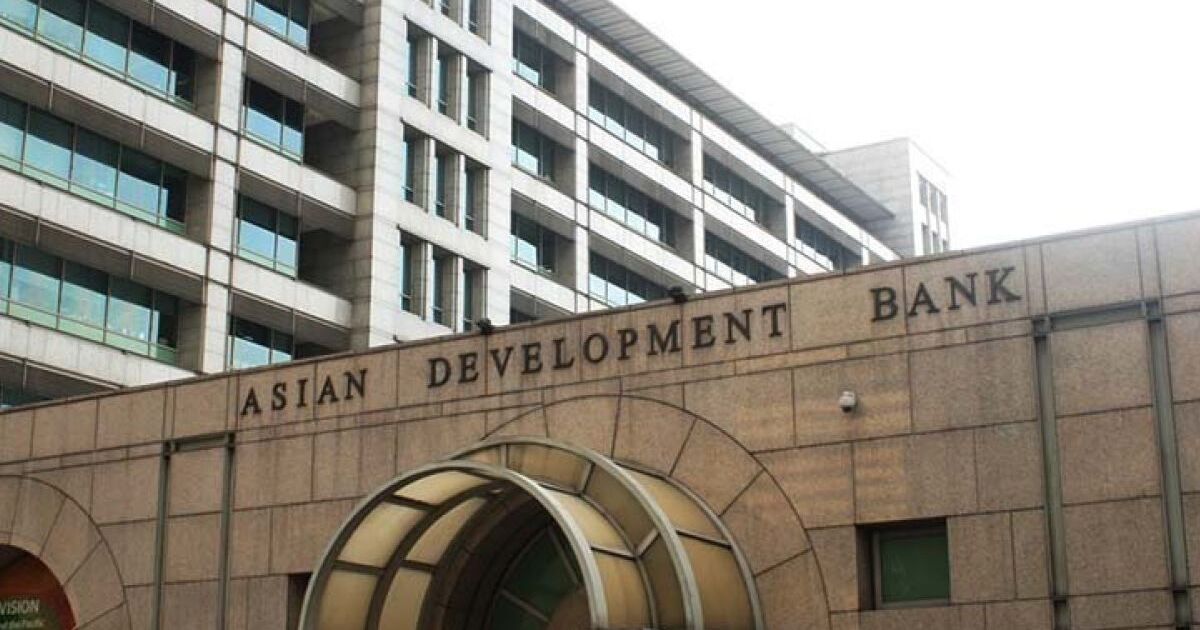MANILA — July 23, 2025 — The Asian Development Bank (ADB) has revised its economic growth forecast for Asia, lowering projections for most countries due to increasing U.S. tariffs, global trade uncertainty, and geopolitical tensions. Taiwan, however, was the only major economy in the region to receive an upward adjustment.
In its latest report released Wednesday, ADB raised Taiwan’s gross domestic product (GDP) growth forecast for 2025 from 3.3 percent to 3.5 percent. The estimate for 2026 remains unchanged at 3.0 percent.
According to ADB, strong demand for artificial intelligence (AI) products helped drive Taiwan’s export growth in the first quarter of the year. This trend is expected to continue into the fourth quarter, despite concerns over early shipments in the second half and ongoing tariff risks.
The report also noted that a strengthening Taiwan dollar could impact export competitiveness, and the rising currency value may reduce the worth of U.S. dollar-denominated assets held by the country’s life insurers.
Meanwhile, ADB reduced its 2025 growth forecast for East Asia from 4.4 percent to 4.3 percent. South Korea saw the sharpest revision, with its growth estimate nearly halved from 1.5 percent to 0.8 percent. Growth in Southeast Asia was also downgraded, from 4.7 percent to 4.2 percent. China’s growth forecast remains unchanged at 4.7 percent.
The bank explained that the adjustments were largely due to higher-than-expected tariffs imposed by the United States and greater global trade uncertainty. It also warned that potential instability in the Middle East and continued weakness in China’s property sector could further impact regional performance.
“We’re seeing continued declines in manufacturing and falling business confidence across Southeast Asia. These are direct results of ongoing uncertainty,” said ADB Chief Economist Albert Park in an interview with Bloomberg Television.
In a related development, ADB also lowered inflation forecasts across much of the region, including Taiwan, China, Hong Kong, India, and Southeast Asian countries. Taiwan’s inflation forecast for 2025 was revised downward from 2.0 percent to 1.8 percent, and the forecast for 2026 was lowered from 1.8 percent to 1.5 percent.
Despite global challenges, Taiwan’s technology sector continues to support the country’s economy, driven by sustained global demand for AI-related products.



